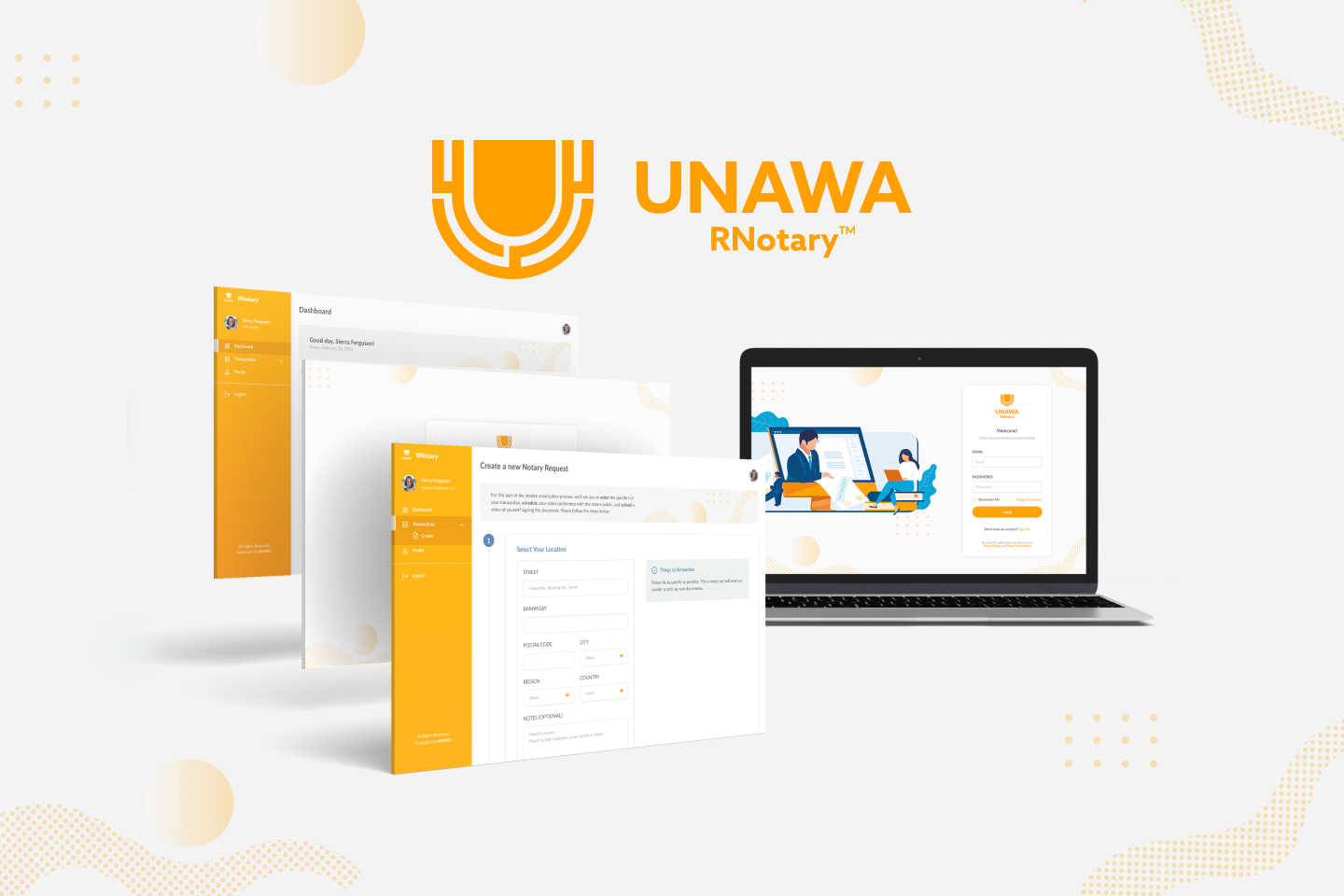A lot of life-changing events—such as buying a home, setting up a business, or bequeathing assets to another family member—rely on the authenticity of legal documents.
In this regard, there are certain documents that are required by law to be notarized. Notarization has legal implications since it converts a private document into a public instrument. Under Philippine rules on evidence, once a document is notarized, this becomes proof of the document’s authenticity. Moreover, the Philippine public tends to rely on notarization as a source of legitimacy for their transactions even in cases where it is not required.
A notary public is a public official who witnesses the signing of these important documents and verifies the identity of the signatories, their willingness to sign the documents, and their knowledge of what is declared in these documents.
Extended lockdowns, health risks, and continuously evolving travel policies have made it challenging to physically go to a notary public to have documents notarized. Fortunately, remote notarization is now possible with UNAWA RNotary.

RNotary is now available in Makati City for single signatory documents and will soon be rolled out in more cities across the Philippines. Rates start at Php500 and will vary depending on the type of document to be notarized.
Visit the UNAWA RNotary website to create an account. Once logged in, simply follow the instructions to get your first document remote-notarized.
Notaries who want to be part of the service can email us to know more.

